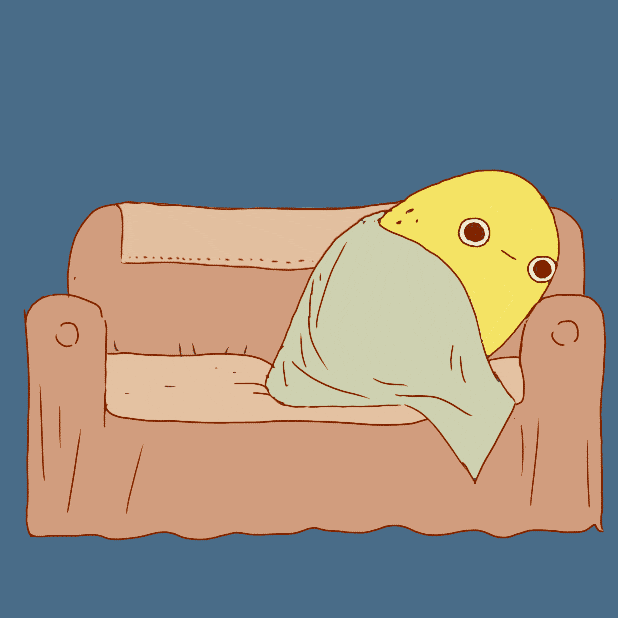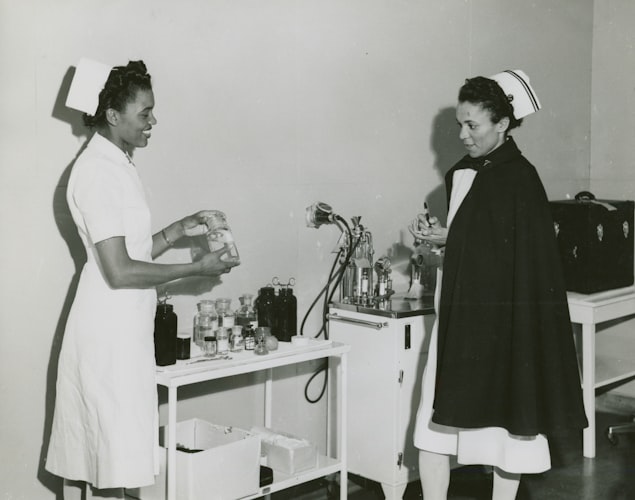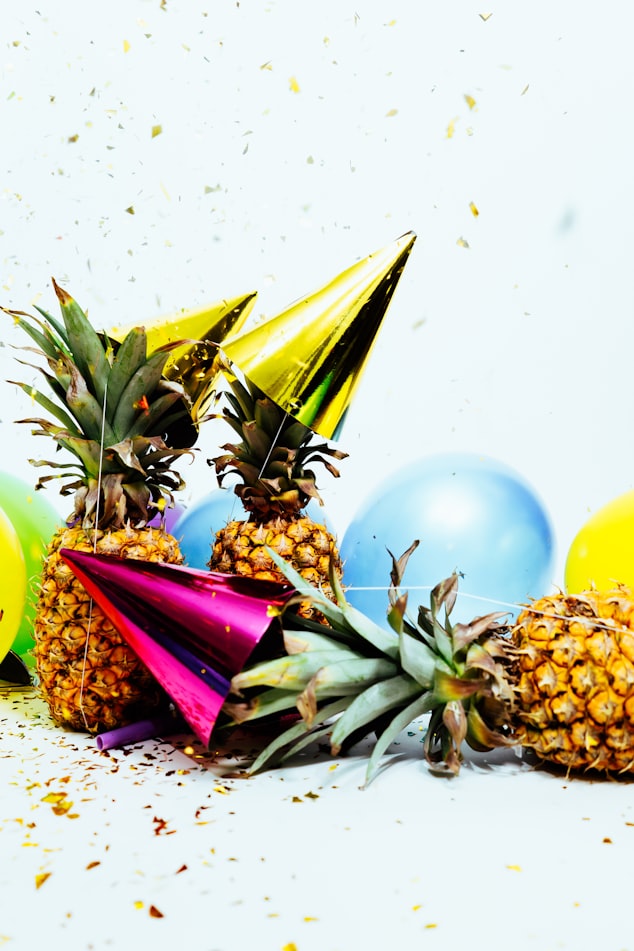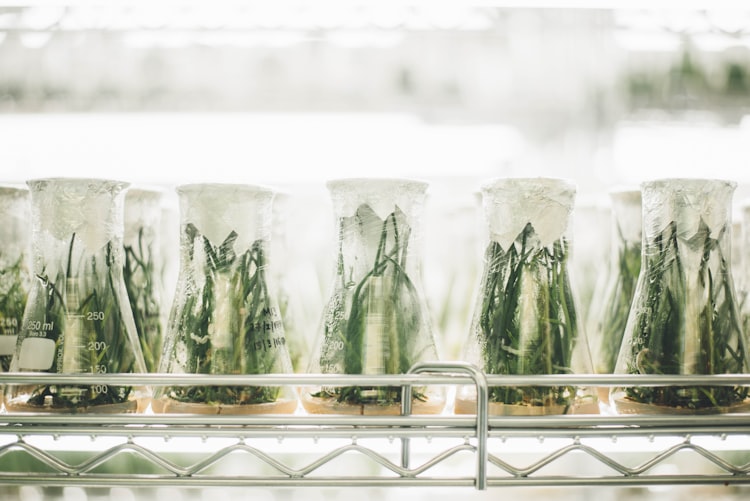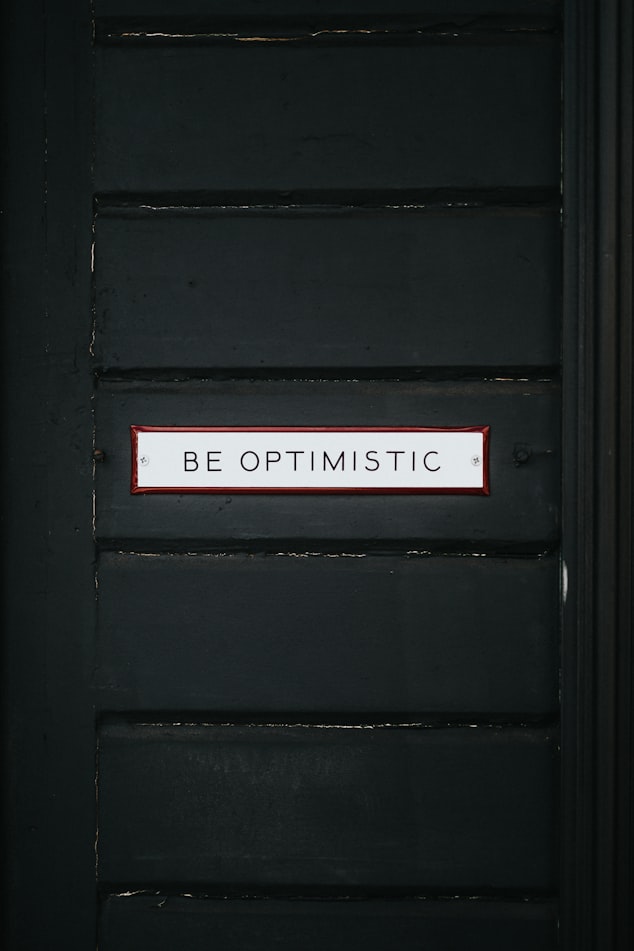Forgiving is hard, right? Some people seem to be able to very easily get past being hurt but it's a big ol' thing for me to turn off the part of my brain that relives the pain over and over again.
Well heeeeeerrrrrrrrre comes SCIENCE with some answers!!!
Apparently there are two kinds of forgiveness: decisional and emotional. Like the names say, in the former you decide to forgive someone and in the latter you try to release the negative emotions related to the perpetrator of your pain and even usher in positive ones.
Here's the cool part: people who opt for emotional forgiveness tend to forget the details of how they were harmed. They'll still remember the gist of it, but those details that might otherwise recycle themselves over and over in your brain get fuzzy around the edges.
And guess what makes it easier to forgive someone??? Yeah, FORGETTING all those dang details.
So really, the saying should be, "forget and forgive."
(If you're wondering how the heck to even do emotional forgiveness, in the study the participants were instructed “wish that the offender experiences something positive or healing and to focus their thoughts and feelings on empathy," so apparently that's it.)
Sign up for my email newsletter for a bi-weekly digest and bonus content!

